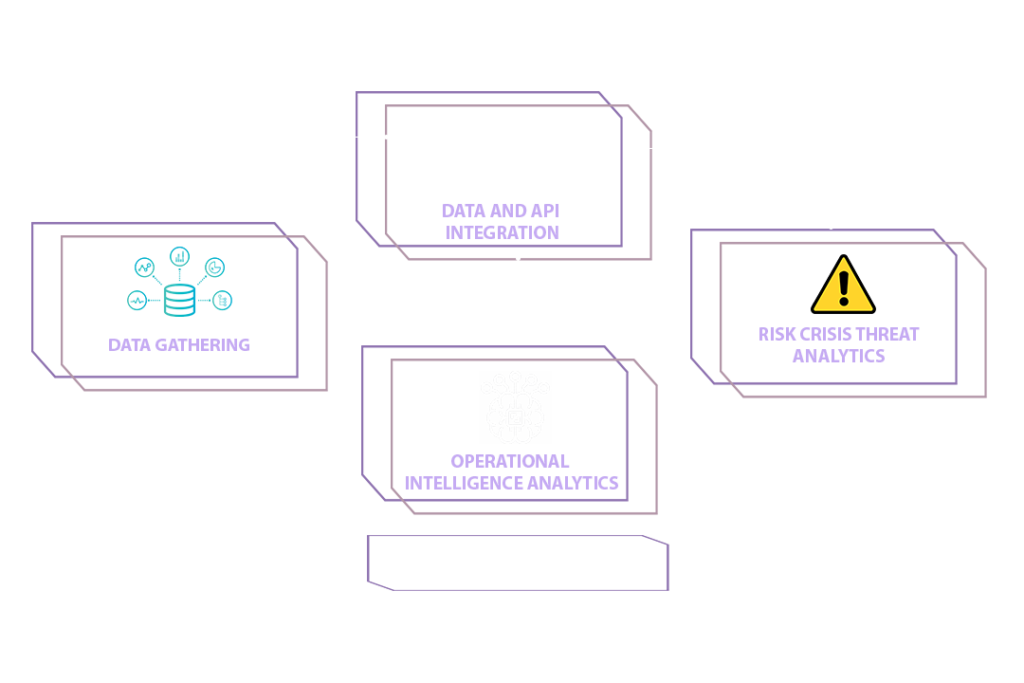For brands, market research and social sciences industries, focus group discussions (FGDs) stand as a cornerstone method for gathering qualitative data and insights. A focus group discussion involves a small, demographically diverse group of individuals brought together to discuss a specific topic under the guidance of a moderator. The aim is to generate a rich understanding of participants’ perceptions, opinions, and experiences related to the subject matter.
Typically, focus group discussions consist of six to ten participants who are selected based on specific criteria relevant to the research objectives. These participants are encouraged to engage in open-ended conversations, expressing their thoughts freely while the moderator facilitates the discussion. The atmosphere is usually informal, fostering a comfortable environment where participants feel encouraged to share their views openly.
Why Focus Group Discussions Matter?
In-depth Insights
Unlike quantitative methods that focus on numerical data, FGDs delve deep into the qualitative aspects of a topic. Participants can provide nuanced insights, motivations, and underlying attitudes that quantitative surveys might overlook.
Exploring Perceptions
FGDs are particularly valuable for exploring perceptions and attitudes towards products, services, or social issues. Participants can articulate their thoughts in their own words, providing researchers with a clearer understanding of how they perceive the subject at hand.
Idea Generation
FGDs can be a fertile ground for idea generation. Participants often bounce ideas off each other, sparking creativity and innovation. This collaborative environment can yield novel solutions or product concepts.
Validating Hypotheses
Researchers often use FGDs to validate hypotheses generated from quantitative studies or other sources. Hearing participants discuss the topic can help researchers confirm or refine their understanding of the subject matter.
Uncovering Unconscious Influences
FGDs are effective in uncovering subconscious influences that drive behavior. Participants may reveal underlying motivations or social pressures that influence their decisions, providing valuable insights for marketers, policymakers, or social scientists.
Tailoring Interventions
In fields such as public health or social work, FGDs can help tailor interventions to specific target populations. By understanding the perspectives and needs of the target audience, practitioners can develop more effective strategies for behavior change or support.
Testing Concepts
Before launching a new product or campaign, FGDs can be used to test concepts or prototypes. Participants’ reactions and feedback can highlight areas for improvement or identify potential pitfalls early in the development process.
Focus group discussions offer a unique window into the minds of participants, allowing researchers to explore perceptions, attitudes, and motivations in depth. By facilitating open-ended discussions in a comfortable environment, FGDs generate rich qualitative data that complements quantitative research methods. Whether it’s refining marketing strategies, informing public policy, or understanding social dynamics, the insights gleaned from focus group discussions play a vital role in shaping decisions and driving innovation. As such, their importance in research cannot be overstated, making them an indispensable tool in the researcher’s arsenal.











